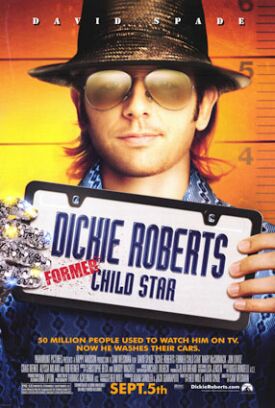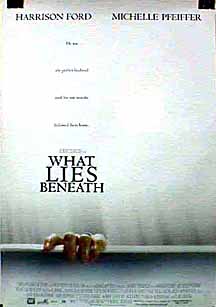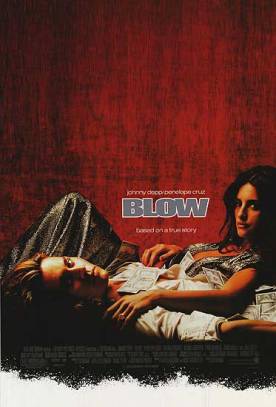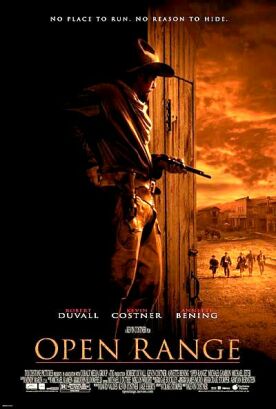Dickie Roberts: Former Child Star
Some idea of the lameness of the comedy in Dickie Roberts: Former Child Star may be gathered from the catch-phrase with which Dickie (David Spade) is supposed to have won the hearts of the American people back in the 70s when he was an adorable little moppet on a TV sitcom called “The Glimmer Gang.” The line that supposedly had all of Gerald Ford’s America chuckling their silly heads off was: “This is nucking futs!” Now you can say what you like about the bad taste of the American people, but I just don’t believe that then or now there would ever have been more than a tiny minority — most of them probably in Hollywood, I grant you — who would find that endearing. Or funny. Those that do are the same people, I suppose, who used to think it a testimony to their wit to sport bumper-stickers reading “Nuck Fewt.”
Such may well be the intended audience of this movie, too, since the Hollywood ethos from which it proceeds presumably includes Hollywood politics. In Hollywood, that is, the fact that someone was once a celebrity automatically entitles him to a share in our sympathy. There is certainly nothing else about the obnoxious Mr Spade, whose character hires a “normal” family in order to experience the childhood he never had, which is remotely sympathetic. Yet he is so far persuaded that presenting us with a grown-up child star is in itself enough to make our hearts melt, that he produces a bunch of real ones, both in the movie itself and singing a silly song over the close-credits, to make us love him and his movie all the more.
Not having watched much TV since the early 1960s, I didn’t know who most of them were. I recognized Tony Dow, who used to be Beaver’s older brother, Wally, on “Leave it to Beaver,” but few if any others. But I think I know why they were there. When Dick Van Patten is brought on in quasi-documentary style to deliver himself of the opinion that “Stardom is really hard on child actors,” I kind of got the idea that the words meant something different than they would if uttered outside Hollywood. There, they must convey a special frisson. There, former child stars must be looked on as ghosts, defunct celebrities who still continue to walk the earth long after the essence and the sweetness of life have left them. One of these sad figures is about as near as you can get in the land of plastic surgery and image-minders of one sort or another to a genuine memento mori.
But Mr Spade, who co-wrote the screenplay with Fred Wolf, and Sam Weisman, the director, try to make Dickie something a little more than just another of those from whom the glory has departed. To explain his desire to get back on top, Dickie says: “My mom loved me when I was a star,” — which, though we may have our doubts, is meant to humanize him a bit. He doesn’t just want to get his celebrity back, he wants to be loved, you see. Tellingly, little or no effort is invested in making Dickie lovable or even in distinguishing him from Mr Spade himself — a man with a reputation as the master of the catty put-down.The insults he is given to pronounce here, mainly on behalf of otherwise helpless normality, are of a cruder variety and only directed at children and fat people and those too inarticulate or confused to notice that they are being addressed by a weedy, skinny, hatchet-faced, stringy-haired, glove-wearing weirdo whose only appeal is based on his long-vanished celebrity.
Maybe some day someone will make an interesting movie about celebrity and child-stars, but this isn’t even close to being it.
Discover more from James Bowman
Subscribe to get the latest posts to your email.






